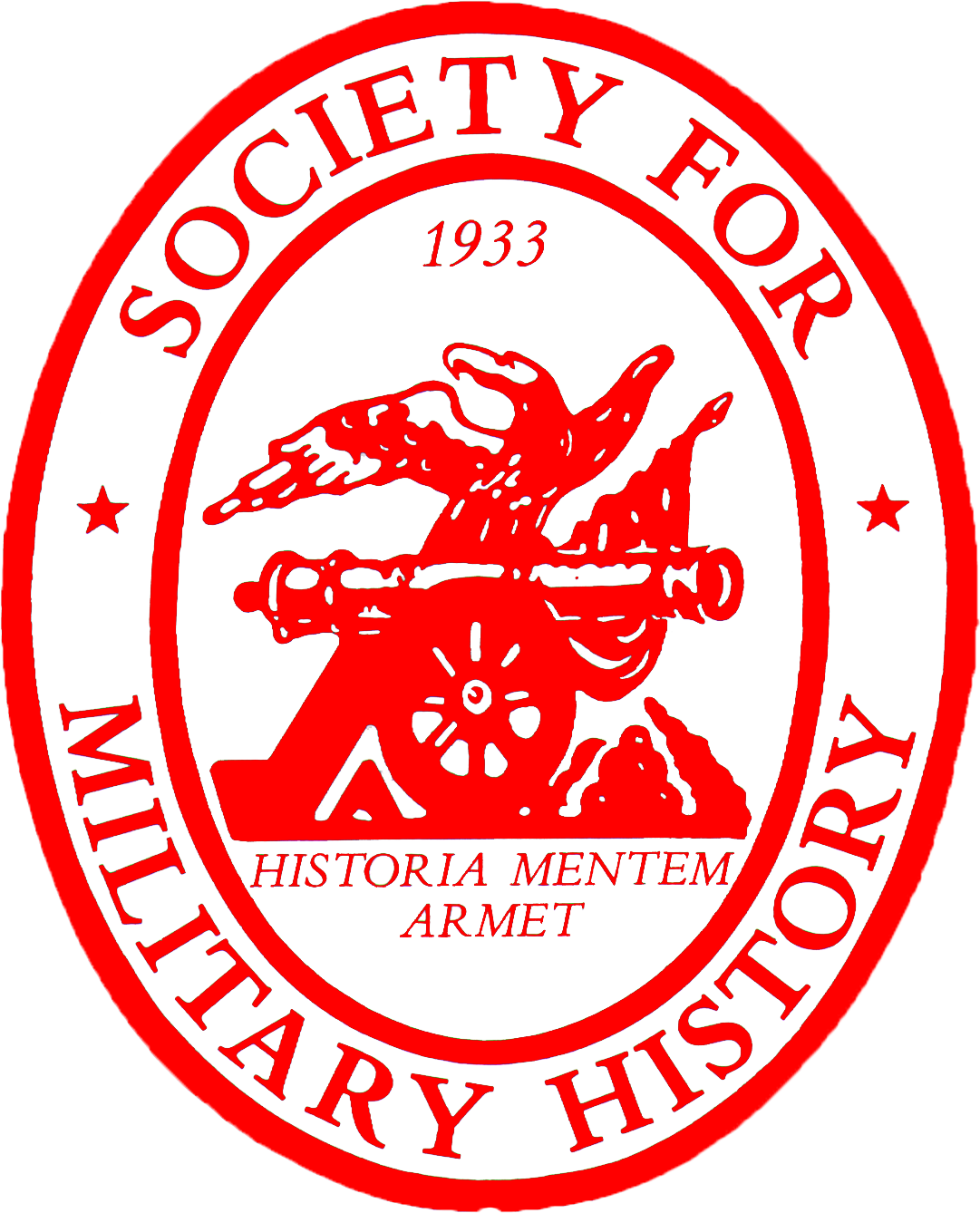
Library Archives Canada, Ottawa, Canada
by Alex Herd
University of Calgary
The primary archival depository for Canadian history is located in the heart of downtown Ottawa, Canada’s national capital, across the river from the province of Quebec and a stone’s throw from the federal government buildings on Parliament Hill. The national archives share space with other important resources, including the National Library of Canada. Collectively, Library and Archives Canada (LAC) holds a wide variety of media, ranging from thousands of hours of film to innumerable textual records for local, provincial, federal, and foreign governments. The collection can be searched online by topic – for example, Canada’s “Military and Peacekeeping.” Researchers travelling from outside Canada should note that in general Canada is more expensive than the United States. At the same time, the Canada-U.S. exchange rate is commonly in favour of the U.S. dollar. Ottawa is a beautiful city with many attractions that include skating on the Rideau Canal in the winter months, a bevy of museums and art galleries, and the annual spring Tulip Festival. There are numerous options for accommodations, including hotels across the street from LAC and hotels by the airport (whereby researchers can take one bus or a shuttle to downtown). For the internet savvy, affordable hotel deals exist all-year round, though during the summer the researcher stay at the University of Ottawa residences, located on the main bus line downtown; rooms cost as low as $30 (CAD) per night. Currently, LAC does not offer student grants to offset costs.
In preparing to visit LAC, a great deal of time can be saved by conducting preliminary online searches for desired materials via the LAC’s main website. An extensive perusal of this site is necessary to find the appropriate archival resources. The key is to search collections by record group. For example, those of Canada’s Department of National Defence are Record Group (RG) 24 and foreign affairs are RG 25. Another time-saver is the ability to pre-order materials for retrieval; on the LAC homepage, by clicking on “Ordering Material,” researchers can request the retrieval of up to ten boxes of documents as long as this request is submitted a minimum of five working days prior to arrival. Otherwise, ordering materials onsite can take up to 24 hours to receive, as there is normally a single retrieval conducted per day, the result of the storage of most documents at another location some distance from the city.
Scholars studying topics after the Second World War are forewarned that there is no automatic declassification for many documents, particularly those files from the 1950s onwards. In other words, after a researcher has gone through the process of declassification, once the researcher has finished with these documents, they are often reclassified as restricted. The availability of documents, either for direct research or declassification, is determined by their Access Code, found on the LAC website. Request the assistance of an archivist to help with the declassification of restricted documents; the archivists can be very helpful in determining how long it will take for such documents to become available.
Upon arrival at LAC, first-time researchers must check-in with a desk on the main floor, to obtain a user card good for up to one year from the date issued (researchers can also order a user card in advance online and the card will be ready upon arrival at the archives). The next step is to check in with the commissionaires (effectively security for the building) at the desk next to the main elevators. These individuals will issue keys to lockers (to store jackets, coats, and bags) and, if applicable, keys for the lockers in which researchers store their boxes of documents at the Textual Documents Consultation Room on the third floor. Moreover, researchers will be offered optional opaque plastic bags to carry those items allowed in the research room (digital cameras, laptop computers, and pencils). As with archival staff, it is highly recommended that relations with the commissionaires remain cordial at all times.
In general, during summer and winter holidays the Textual Documents Consultation Room is at its busiest. It is not a very big room and desk space is at a premium. Researchers who arrive as close as possible to the beginning of service hours usually acquire their most preferred spot, primarily at a window overlooking the scenic Ottawa River and Gatineau, Quebec. They can, of course, arrive earlier, but the commissionaires do not allow cameras to accompany researchers until service hours begin (after service hours, researchers can continue to take photographs as long as they have the appropriate documentation). Plug-ins for computers and free wireless internet service are both available. Researchers must bring their own camera stands and only pencils are allowed inside the reading room. Moreover, federal budget cuts have limited the numbers of archival staff. Consequently, service hours (in which archivists are present to directly assist researchers) range from 9 or 10 am to 4 or 5pm Monday to Saturday, but the reading room remains open until late. The staff offers full bilingual service (English-French). During service hours, in addition to the use of personal cameras, access to on-site microforms reader-printers/scanners and material in lockers is permitted. There are also various options for the photocopying of various materials; standard copying costs either $0.20 per page for self-service or $0.30 per page for students for copies made by LAC staff. Researchers can also use an online form to order copies to be made at LAC and mailed to a desired address. For more information, see the “Copies and Reproductions” link on the LAC’s main website. Finally, there is a cafeteria two floors above the consultation room; however, it is highly recommended that researchers exploit the numerous coffee shops, cafés, and pubs across Wellington Street and in downtown; it’s worth braving the cold during the winter months.
(Fall 2010)
